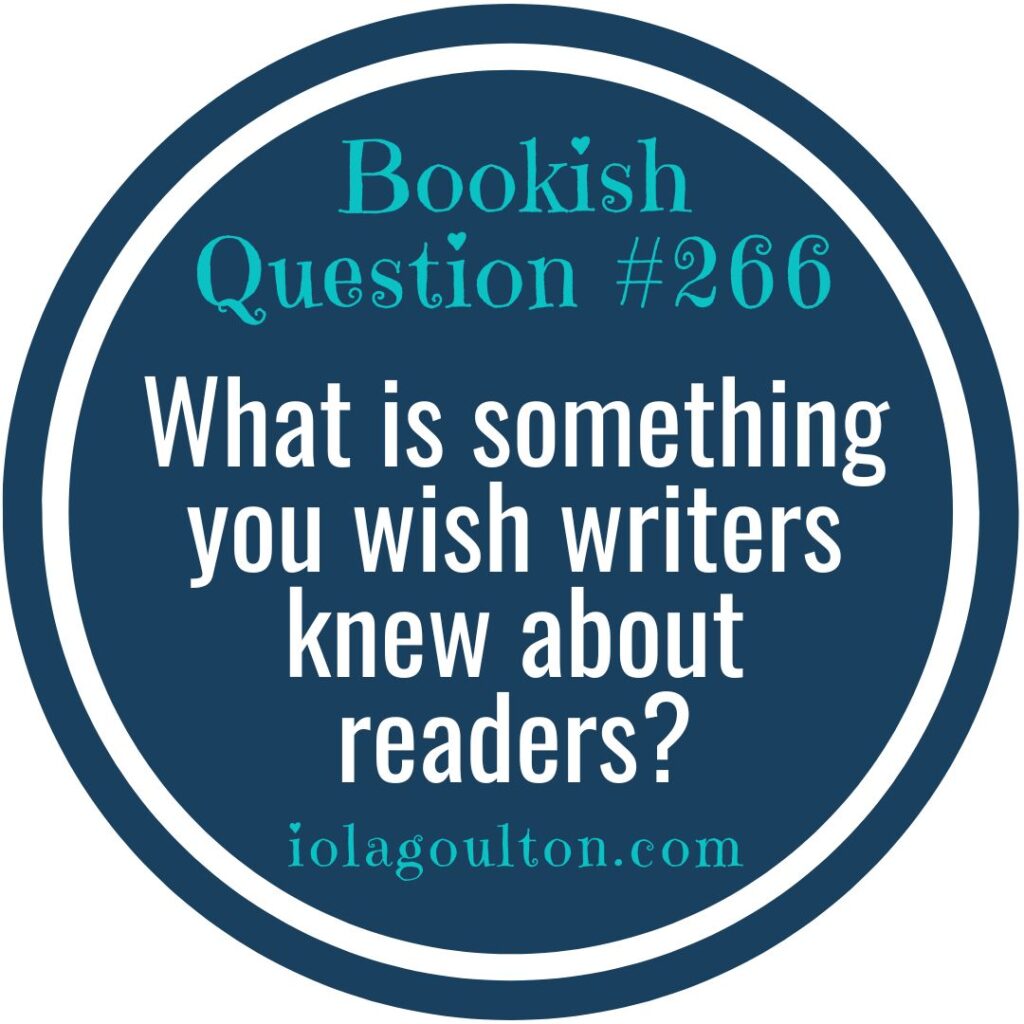Tough question, because not all writers are the same (just as not all readers are the same), and because writers should also readers. And if writers are also readers, they should be able to think like readers.
Despite this, there are a few things I wish writers knew (or remembered) about readers.
I have been reviewing Christian fiction for over ten years, so it’s probably no surprise that both points are related to reviewing.
1. Readers (especially fiction readers) read for entertainment.
Yes, we may also read to learn or to be mentally challenged, but there are other ways of learning or being mentally challenged. The fact we’ve chosen to read a book (especially a novel) is to be entertained.
2. If we are reading for entertainment, then our reviews are going to reflect that.
I recently saw an author share an article on the 13 points to include in a book review (and they weren’t obvious things like the book title and author).
It’s hard to get readers to turn into reviewers, so writers shouldn’t make it harder by making rules around what is or isn’t a good review. That’s going to turn reviewing into a chore … which is going to turn reading into a chore.
Turning reading into a chore is the fast way to turn readers into nonreaders … the last thing writers want.
3. We want to write honest reviews.
Readers want to be able to give our honest opinions of the books we read without worrying if the author is going to be offended.
There are several authors I’ve “met” on social media who I really like as people, but whose books are not to my personal reading taste. It is no reflection on your competence as a writer or your value as a person or as a Christian if I don’t like one or all of your books. So please don’t get upset if a reader (me or someone else) doesn’t like your book.
Maybe we’ll read and like your next one. Maybe we won’t. But calling out a reader for having a “wrong” opinion will not get that reader to read your next book.


